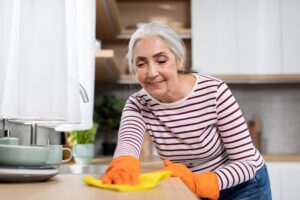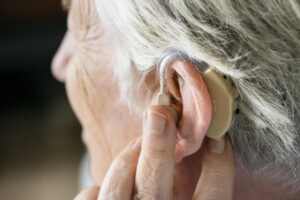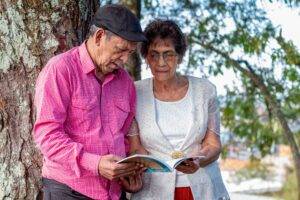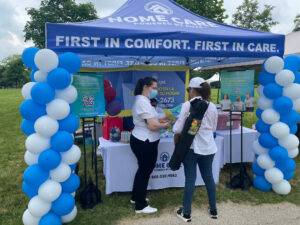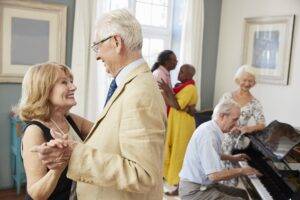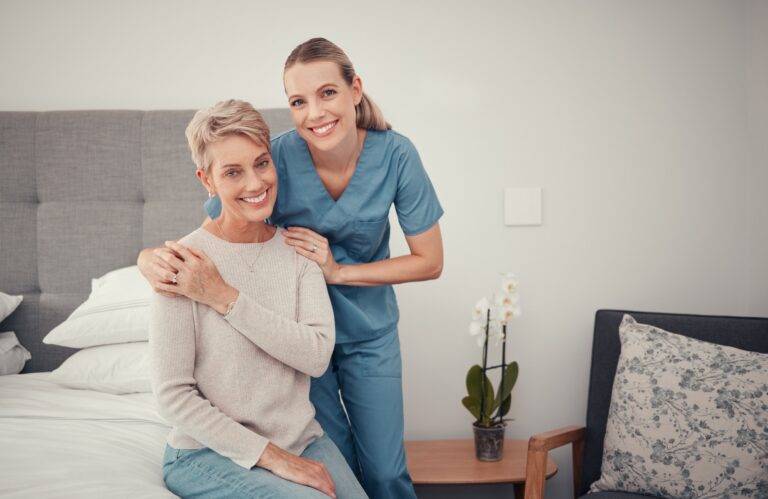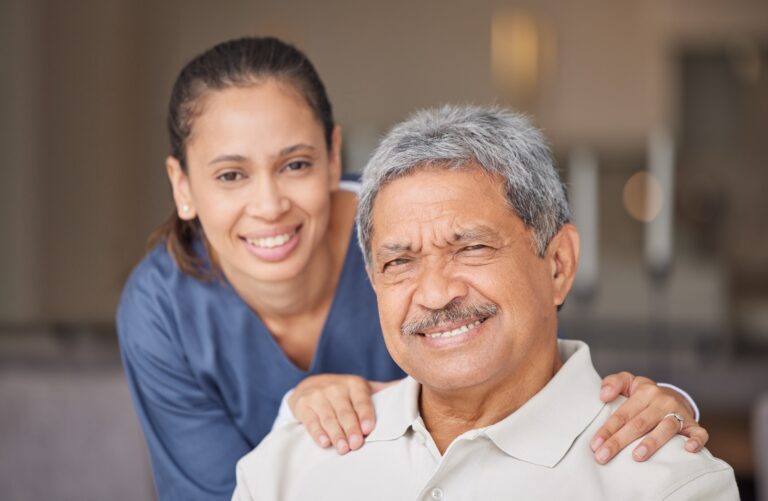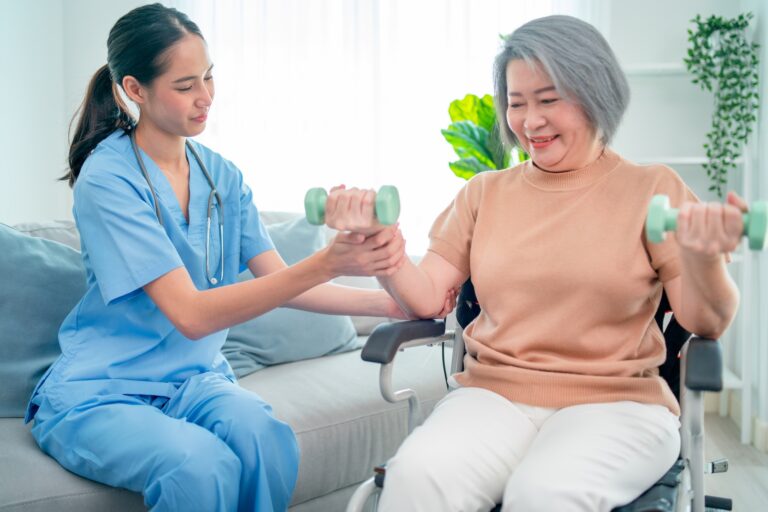As the COVID-19 pandemic progresses, what has emerged is that the coronavirus and the elderly are a dangerous combination, leading to a high rate of hospitalizations, serious illness, and deaths. Because senior citizens are at a higher risk of serious complications from the coronavirus, many elderly people and their families are making the decision to forego assisted living and nursing homes in favor of home care in their own home.
Home care can bring its own set of unique challenges, and in-home caregivers, who are frequently at increased risk themselves because of health conditions such as diabetes, heart disease, or other chronic conditions, need to make sure they are taking proper precautions by following Centers for Disease Control and Prevention (CDC) guidelines for themselves and their family members. The basic guidelines are quite simple and have been shared millions of times online and in the media, but they are always worth repeating:
- Frequently washing your hands with soap and water for at least 20 seconds. If soap and water are not readily available, a hand sanitizer containing at least 60% alcohol may be used as a substitute.
- Maintain physical distance from others of at least 6 feet whenever possible.
- Wearing a mask or face covering in public to help block respiratory droplets.
- Cover your coughs and sneezes with a tissue, and immediately throw the tissue in the trash. If no tissues are nearby, sneeze or cough into your elbow, not your hand.
- Frequently clean and disinfect touched surfaces using soap and water, then use a household disinfectant.
- Monitor your health, and watch for symptoms like fever, cough, or shortness of breath.
In addition, Johns Hopkins recommends postponing unnecessary doctors’ visits or elective procedures, rescheduling to telemedicine or virtual appointments where possible.
In other words, as an in-home caregiver, the most important person you can take care of is yourself. The Centers for Disease Control and Prevention (CDC) have compiled additional resources for caregivers. These guidelines include all the same recommendations as for the general population, but they also suggest additional protective measures.
In-Home Caregivers Of Those With Dementia
In addition to regular precautions, the CDC recommends additional self-care measures for those providing home care services for people with dementia. Because of their condition, those with dementia may not be able to identify symptoms of COVID-19 as easily as others, so it is important to monitor them closely. That means that an in-home caregiver needs to, for example, get plenty of rest, eat healthy and maintain a regular routine that includes activities that relieve stress.
In-Home Caregivers of Those With Disabilities
While people with disabilities are not inherently at a greater risk, due to the necessity of closer contact, their in-home caregivers may be. It is important that care plans are kept up to date in case of interruptions to care, precautions related to personal protective equipment are followed, and surfaces that may come into contact with bodily fluids are cleaned and disinfected frequently.
Innovative Ways To Provide Personalized In-Home Care
If the elderly person you are caring for is feeling isolated because they cannot visit with friends or a family member, it’s possible to help them feel more connected. There are many video chat applications and programs that are very simple to use, and helping them learn to use this technology will give them a sense of greater independence, even while staying safe.
Many families are organizing virtual reunions, game nights or happy hours using video conferencing. Encourage elderly family members to participate in this kind of interaction, and offer to help organize these outings. Even a regular phone call to elderly family members can be extremely beneficial.
Some seniors have taken advantage of this time at home to complete some simple projects like organizing and donating books or music collections, or simply organizing and sorting through photographs. This is an excellent activity that can bring the joy of remembering past experiences and family members as well as provide mental stimulation.
Routine medical appointments can become more risky, as many doctor’s offices have older waiting areas that do not allow for adequate social distancing. As an in-home caregiver, you may want to investigate and recommend telehealth for those providers who offer it, and assist with any technology that may be necessary to complete the appointment.
As warmer weather continues, getting some fresh air and exercise is a great choice. Transmission of the virus is believed to be significantly more difficult outside, though it is still important to maintain physical distancing and wear a face covering when around others. If friends or family members wish to visit with an elderly relative, arranging a meeting in an outdoor setting will help to mitigate risk of transmission.
Finally, an elderly person who is feeling isolated can reach out to the Institute on Aging’s Friendship Line, a toll-free crisis line specifically designed for elderly and disabled people.
Home Care Powered by AUAF Can Help
Whether you’re an in-home caregiver for a family member or another elderly person we’re here to help. If you’d like more information, or if you’d like to discuss any concerns you may have about how homecare can help you or your elderly family member in this difficult and unprecedented time, please do not hesitate to call us at 773-274-9262 or email us: [email protected]
